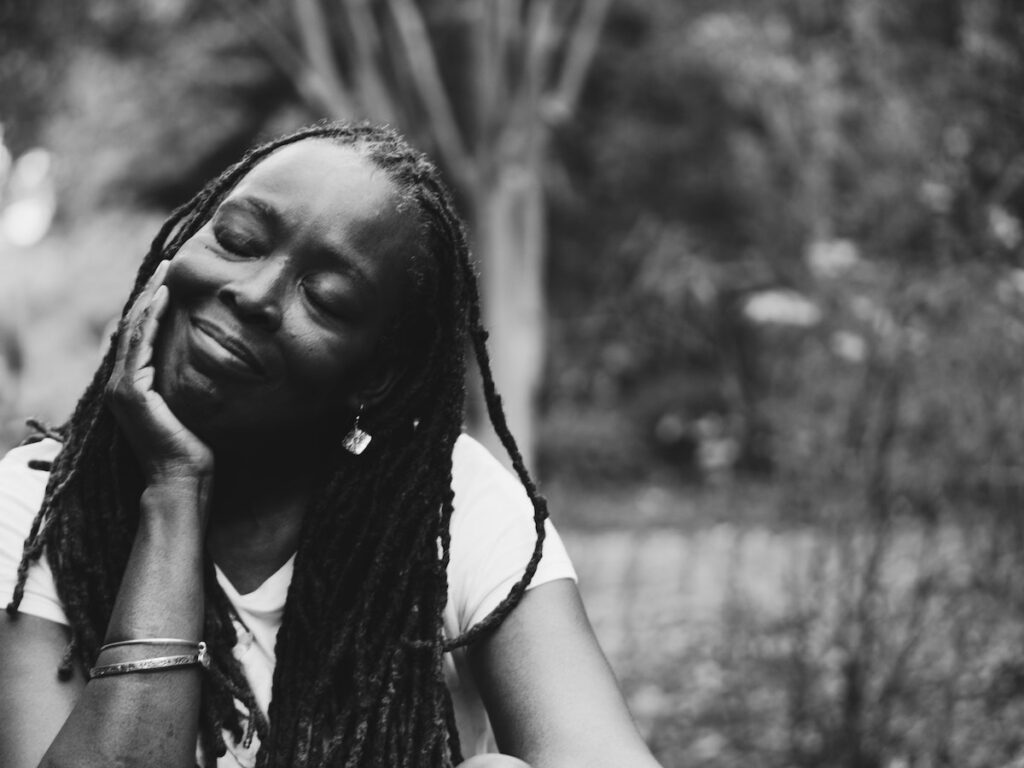How can we be more inclusive towards autistic people?
Having grown up not knowing about my disability including autism, I understand how important it is to be inclusive in a society that is less inclusive for people who deal with struggles arising from autism.

As a society we have to want to be more inclusive towards those with a disability, to understand and accept their disability as part of a wider debate about diversity, where common values are both shared and respected. Within this discussion, attitudes towards disability and autism need to be inclusive and included.
We are uniquely different individuals, but there are those who, like me, are both uniquely different and who also deal with a disability. Society must want us to be more inclusive. Why should we be treated any more different?
Wanting to make a difference, wanting to care, wanting to change our perceptions is the key to inclusivity. Together we can drive a long term and sustained change in society, with positive attitudes to disability, particularly in school and the workplace.
While attitudes have generally improved for people who deal with a disability, it is self-evident that disabled people still face negative attitudes. Prejudice towards those dealing with autism or disability is still commonplace. This shouldn’t be the case.
We have taken a few early steps in the right direction towards inclusiveness, but the bottom line is, we’re all individuals and deserve validation, no matter what we deal with.
We all have choices; we can choose to make those who have autism, or disability more inclusive. No one with a disability wants to be singled out. They are looking for acceptance like the rest of us, a level playing field if you like. An acceptance that says, ‘I understand, and you are OK.’
On our part, we must want to make those changes, so everyone is included, regardless of ability. We must want to perceive people with disabilities differently and be OK with who they are. We must accept they are different and will have challenges that need to be met. Where they have challenges, we must be patient and respectful of their challenges.
So, how can we all be more inclusive towards autistic people?
Disability needs to be ‘normalised’. We must want to help people with autism, with a disability. We must want to understand what autism means for them, understand what their struggles are; we must want to be informed about how they present. We must stop judging or forming opinions about what they deal with, or think we know. We must also stop thinking they need our help all the time. They will ask if they need help.
Their needs must be accommodated for in school and in the workplace. Not all disabilities present in the same way, therefore it is crucial to know how each person with a disability may present. Where children with autism may struggle to relate to others and have difficulty understanding unwritten rules, we must be patient.
Depending on the severity, autistic children may have difficulties communicating, with some children communicating in a non-verbal way. They may also have difficulties around flexible thinking; particularly around change, difficulty in participating in conversations, difficulty in understanding their boundaries.
Children with autism may not automatically include themselves; therefore we must take steps to make them feel included and welcome.
The workplace for those who deal with autism can be overbearing; therefore, it is crucial employers make changes to the physical environment to accommodate their employees’ needs. For example, they could introduce health breaks and a quiet zone, so those members of staff can relax and take mental breaks.
Mentors in the workplace will go some way to help employees with autism settle in and feel they have someone there to discuss their working difficulties. They want to be able to make their contribution. Employers, on their part, must continue to be mindful and understanding of their employees’ needs and how they can fit in around their able-bodied employees. Educating other members of staff through training is necessary.

Having autism is a continual daily challenge. It isn’t easy; it is a condition that can ‘lock you away’ mentally and emotionally; therefore it is important those who deal with the condition are made to feel comfortable and inclusive, and their talents recognised.
Others understanding how someone with a disability mentally and emotionally works will go some way to help them adjust to their lives better. Like everyone else, they want and need to feel validated.
Whether someone has a mental, emotional or physical disability, they still need to belong and feel comfortable in their version of normal; they need to have acceptance and be accepted. It is up to us all, to make sure those with a disability feel comfortable, accepted and included.
As we are all part of society, we must do more to make sure everyone is socially integrated into society. There is no quick fix. We have come a long way from the out and out prejudices of the 20th century, but long-term change takes a concerted effort from everyone in all aspects of society.
We have taken a few early steps in the right direction towards inclusiveness, but the bottom line is, we’re all individuals and deserve validation, no matter what we deal with.
Ilana’s new book Cerebral Palsy: A Story is part memoir, part motivational guide, published by RedDoor. Read more about Ilana on her website, The CP Diary.

Find a therapist dealing with Disabilities
All therapists are verified professionals





